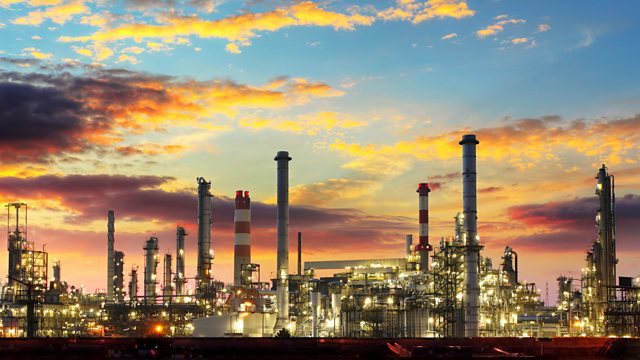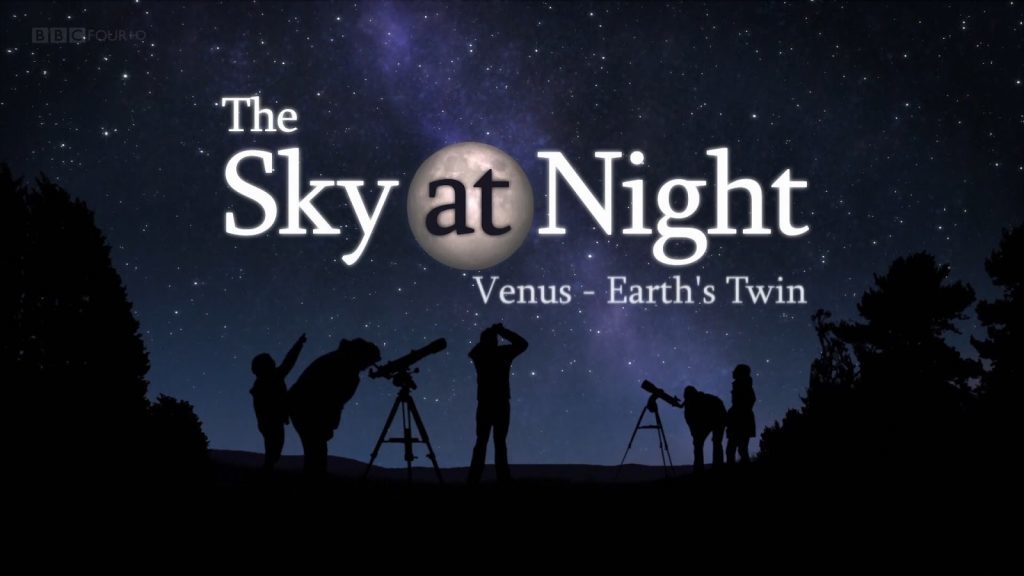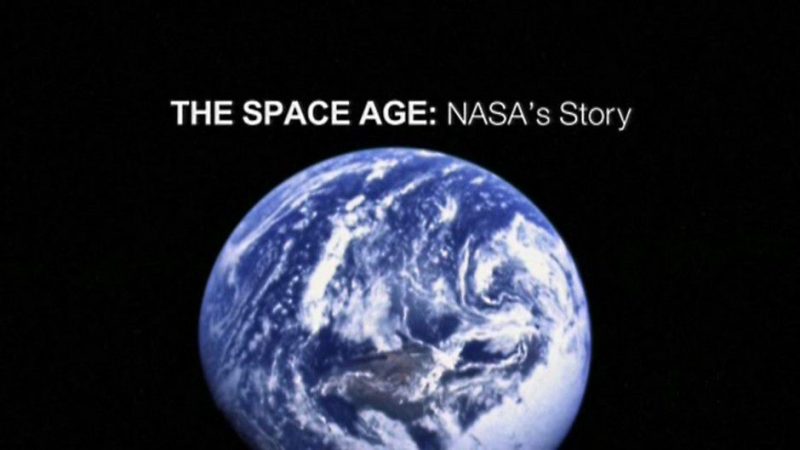Big Oil v the World episode 2: Even as the science grew more certain, the oil industry continued to block action to tackle climate change in the new millennium. In a revelatory interview, Christine Todd Whitman, George W Bush’s former environment chief, tells the story of how the industry successfully lobbied President Bush to reverse course on his campaign promise to regulate carbon emissions.
Tensions grew between two of the world’s biggest oil companies, ExxonMobil and BP, after the latter publicly called for action to tackle climate change. The election of Barack Obama provided hope for supporters of climate action, but the billionaire Koch brothers made an effort to block the new president’s attempts to pass climate change legislation, and climate denialism became the mainstream position of the Republican Party. A lawyer who worked for Kochs through this period speaks on camera for the first time.
Big Oil v the World episode 2
Fossil fuel
A fossil fuel is a hydrocarbon-containing material formed naturally in the earth’s crust from the remains of dead plants and animals that is extracted and burned as a fuel. The main fossil fuels are coal, crude oil and natural gas. Fossil fuels may be burned to provide heat for use directly (such as for cooking or heating), to power engines (such as internal combustion engines in motor vehicles), or to generate electricity. Some fossil fuels are refined into derivatives such as kerosene, gasoline and propane before burning. The origin of fossil fuels is the anaerobic decomposition of buried dead organisms, containing organic molecules created by photosynthesis. The conversion from these materials to high-carbon fossil fuels typically require a geological process of millions of years.
In 2019, 84% of primary energy consumption in the world and 64% of its electricity was from fossil fuels. The large-scale burning of fossil fuels causes serious environmental damage. Over 80% of the carbon dioxide (CO2) generated by human activity comes from burning them: around 35 billion tonnes a year, compared to 4 billion from land development. Natural processes on Earth, mostly absorption by the ocean, can only remove a small part of this. Therefore, there is a net increase of many billion tonnes of atmospheric carbon dioxide per year. Although methane leaks are significant, the burning of fossil fuels is the main source of greenhouse gas emissions causing global warming and ocean acidification. Additionally, most air pollution deaths are due to fossil fuel particulates and noxious gases. It is estimated that this costs over 3% of global GDP and that fossil fuel phase-out would save millions of lives each year.
Recognition of the climate crisis, pollution and other negative impacts caused by fossil fuels has led to a widespread policy transition and activist movement focused on ending their use in favor of sustainable energy. However, because the fossil fuel industry is so heavily integrated in the global economy and heavily subsidized, this transition is expected to have significant economic impacts. Many stakeholders argue that this change needs to be a just transition and create policy that addresses the societal burdens created by the stranded assets of the fossil fuel industry.
Climate change
Contemporary climate change includes both global warming and its impacts on Earth’s weather patterns. There have been previous periods of climate change, but the current changes are distinctly more rapid and not due to natural causes. Instead, they are caused by the emission of greenhouse gases, mostly carbon dioxide (CO2) and methane. Burning fossil fuels for energy use creates most of these emissions. Certain agricultural practices, industrial processes, and forest loss are additional sources. As their name suggests, these gases trap heat from sunlight near the earth’s surface, warming it over time.
Due to climate change, deserts are expanding, while heat waves and wildfires are becoming more common. Increased warming in the Arctic has contributed to melting permafrost, glacial retreat and sea ice loss. Higher temperatures are also causing more intense storms, droughts, and other weather extremes. Rapid environmental change in mountains, coral reefs, and the Arctic is forcing many species to relocate or become extinct.
Climate change threatens people with food and water scarcity, increased flooding, extreme heat, more disease, and economic loss. Human migration and conflict can be a result. The World Health Organization (WHO) calls climate change the greatest threat to global health in the 21st century. Even if efforts to minimise future warming are successful, some effects will continue for centuries. These include sea level rise, and warmer, more acidic oceans.




